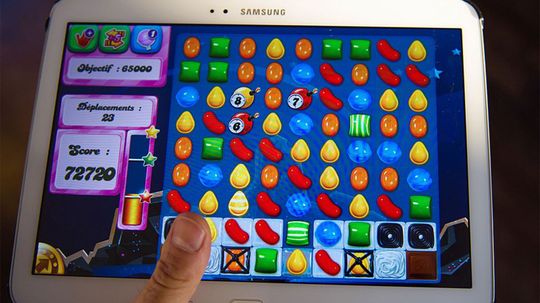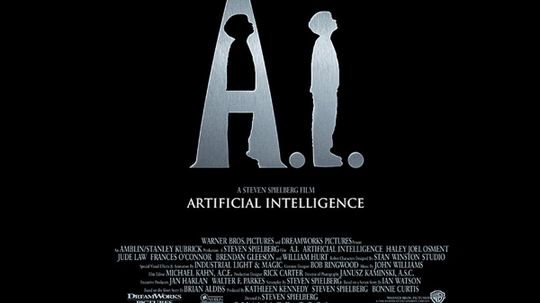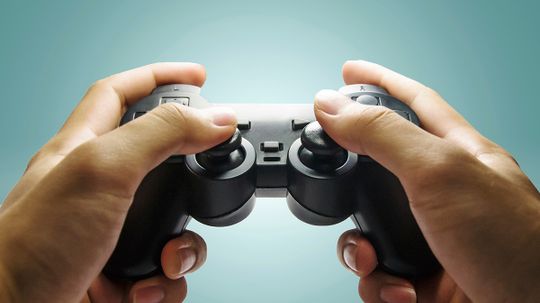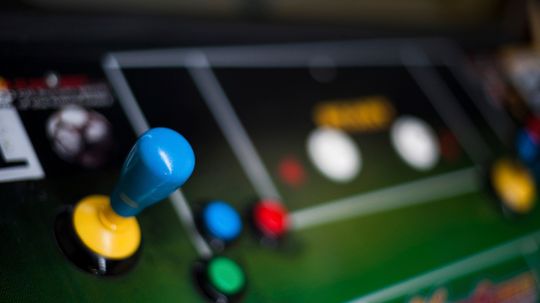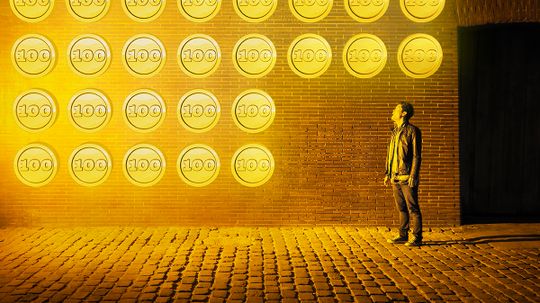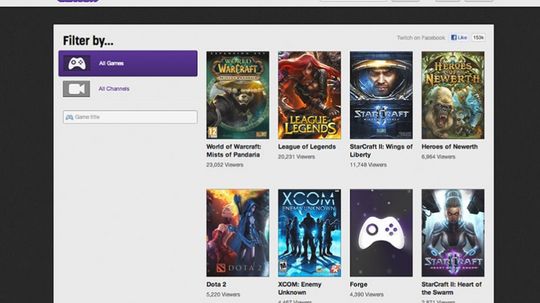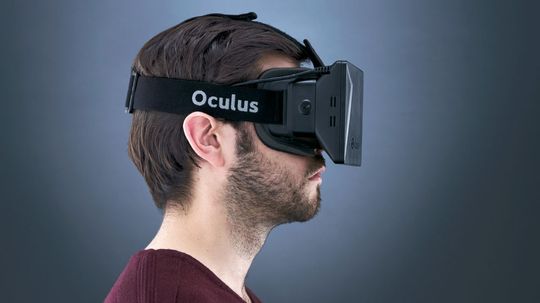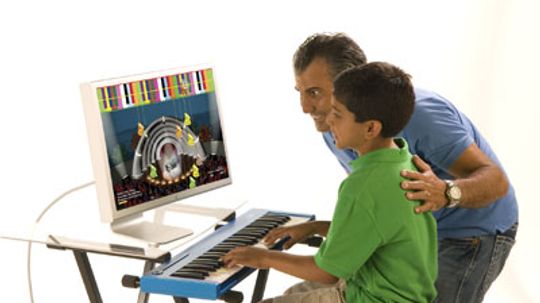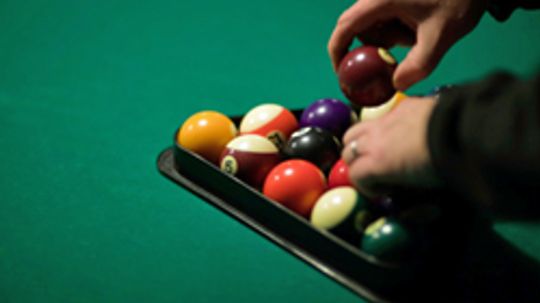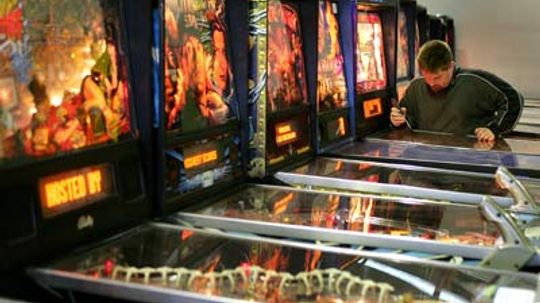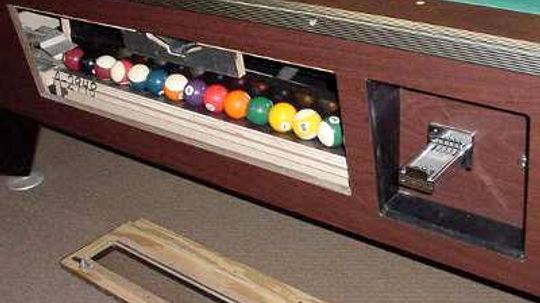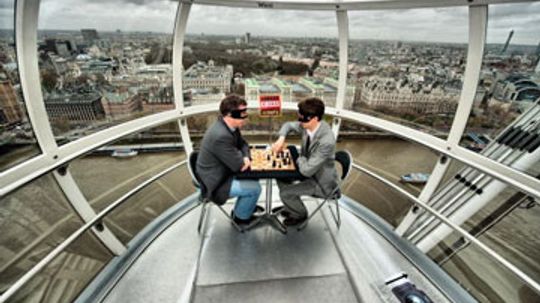Other Video Games & Gear
Learn more about things like chess computers, Neopets.com and more.
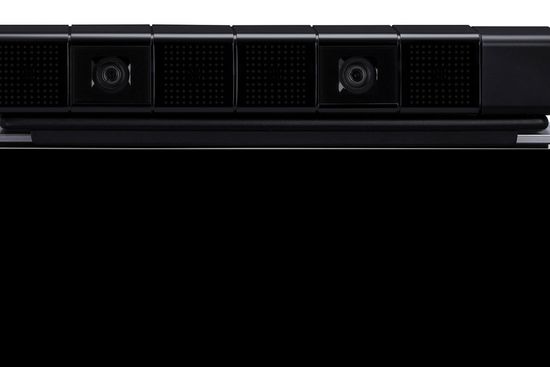
How the PlayStation Camera Works
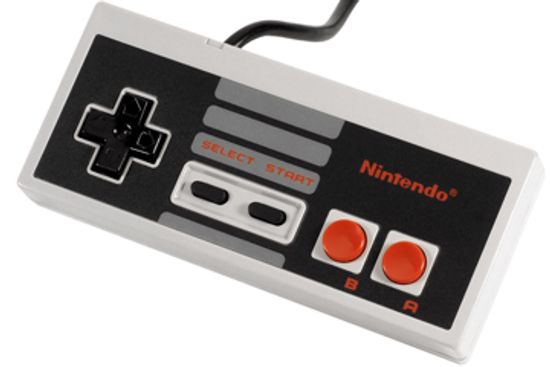
10 Reuses for Old Video Game Controllers

How the Wii Balance Board Works

The 15 Greatest Video Game Companies That No Longer Exist
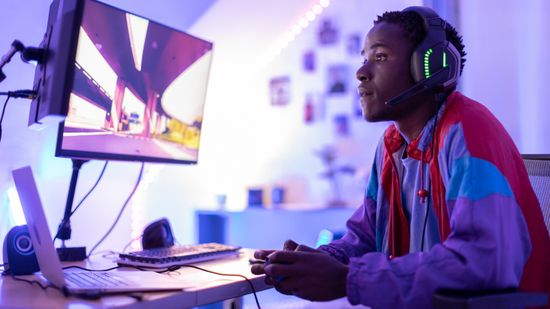
15 Video Games That Took Way Too Long To Make
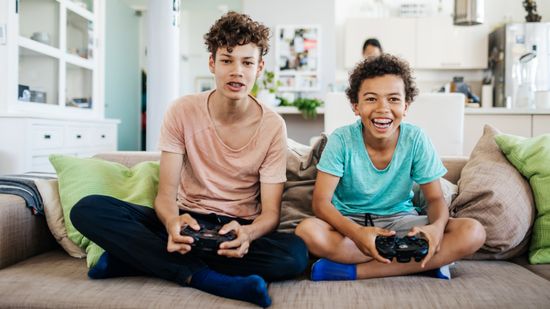
14 Hidden Video Game Design Tricks That Will Blow Your Mind
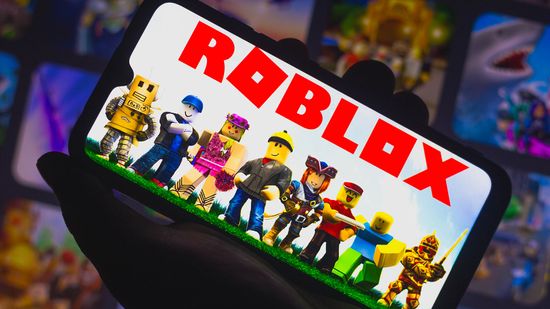
Run, Jump & Climb Your Way Through Our Roblox Quiz
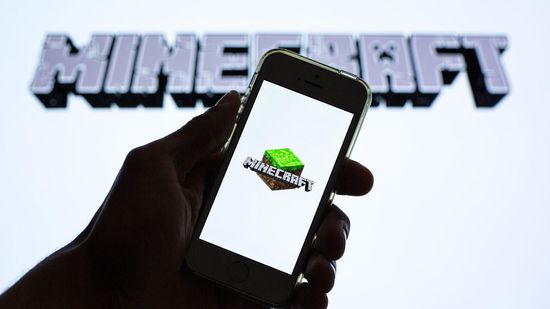
Can You Survive Our Minecraft Quiz?
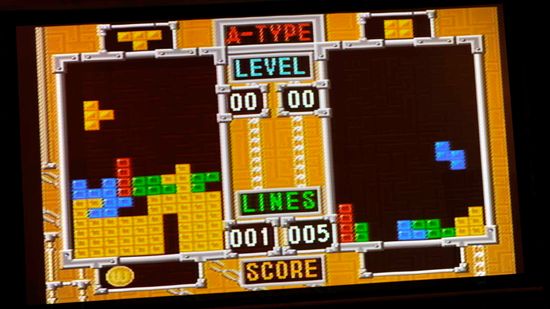
How Tetris Went From Soviet Mind Game to Smash Hit
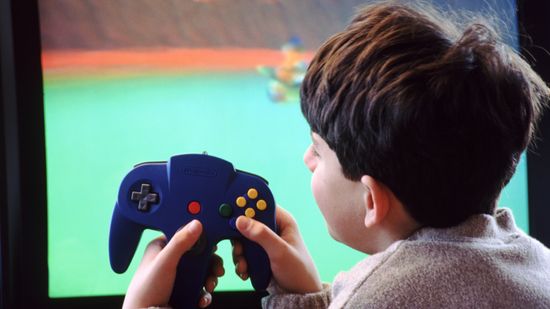
20 Things You Didn't Know About Nintendo
Learn More
Candy Crush seems easy - simply match three candies of the same color. But something about it keeps players hooked. How sweet are you on this addictive game? Take the Candy Crush quiz and find out!
By Alia Hoyt
Who cares if it's an elaborate marketing scheme if it's fun? In alternate reality gaming, the line between fiction and reality is blurred, and players enter a world filled with rabbit holes and mysteries.
By Oisin Curran
Video games have been going through a bit of an identity crisis for the past decade or so. Some parents and politicians seem to think they lead to childhood obesity and shrinking attention spans, while other scientists and gaming advocates believe they can improve hand-eye coordination and provide beneficial brain stimulation. The other problem is [...] The post 14 Celebrities You Probably Didn't Know Were Huge Gamers appeared first on Goliath.
By Wes Walcott
Advertisement
The debate on whether video games help players build any lasting skills is as old as video games themselves. Luckily, science has decided to weigh in on the conversation - including the claim that gaming improves hand-eye coordination.
Scratching the nostalgia itch can be tricky - especially if it involves playing classic out-of-print video games like "Oregon Trail" or "Street Fighter II." But fear not: When you're in the mood for a little old-school gaming, you have options.
Don't be a n00b - gold farming has nothing to do with actual mining. The practice of selling virtual gold for actual cash might be lucrative, but it's also been accused of creating "virtual sweatshops" in many countries.
Video games have been popular for years, and now Twitch lets players and oglers share their love of gaming in real time. Think you're ready to broadcast your gaming skills (or lack thereof)?
Advertisement
Gamers everywhere have often waxed rhapsodic about the idea of fully immersive 3-D play. Can Oculus Rift deliver the virtual reality we've been waiting for?
Gamification is rapidly changing the way we interact with our world. Education, business and health are all becoming more gamified every single day. Odds are, you're participating in gamified systems without even knowing it.
As efforts to create artificial intelligence become more sophisticated, humans like to test computers to see whether they can beat people at games of skill and chance. Can a computer win without cheating?
Piano Wizard is a computer program that lets you have fun while you learn how to play the piano. Are you the next Ben Folds? Or Liberace?
By Dave Roos
Advertisement
Combining people's love for taking care of fictional critters with the enjoyment of puzzle games, Neopets is a hit. Peek behind the scenes at the creators and owners of Neopets and explore the controversies that surround the site.
Billiards, also known as pool, is played all over the world. But there's a lot more to it than just putting a ball in a pocket. Find out how pool tables are made, and learn about the games that are played on them.
By Jeff Tyson
The pinball machine is an arcade standard that most enjoy having a game or two on. There are also those who have truly mastered its secrets. Find out about the vagaries and nuances of tilt sensors, replays, matches, combination shots and more.
By Shel Brannan
On a coin-operated pool table, if you hit one of the numbered balls into a pocket, the ball goes into a locked storage compartment. If you hit the cue ball into a pocket, the table returns it. How does the pool table tell the difference?
Advertisement
AI chess programs calculate their game plan based on formulas - algorithms that determine whether a position is "good" or "bad." But how do they really work?
